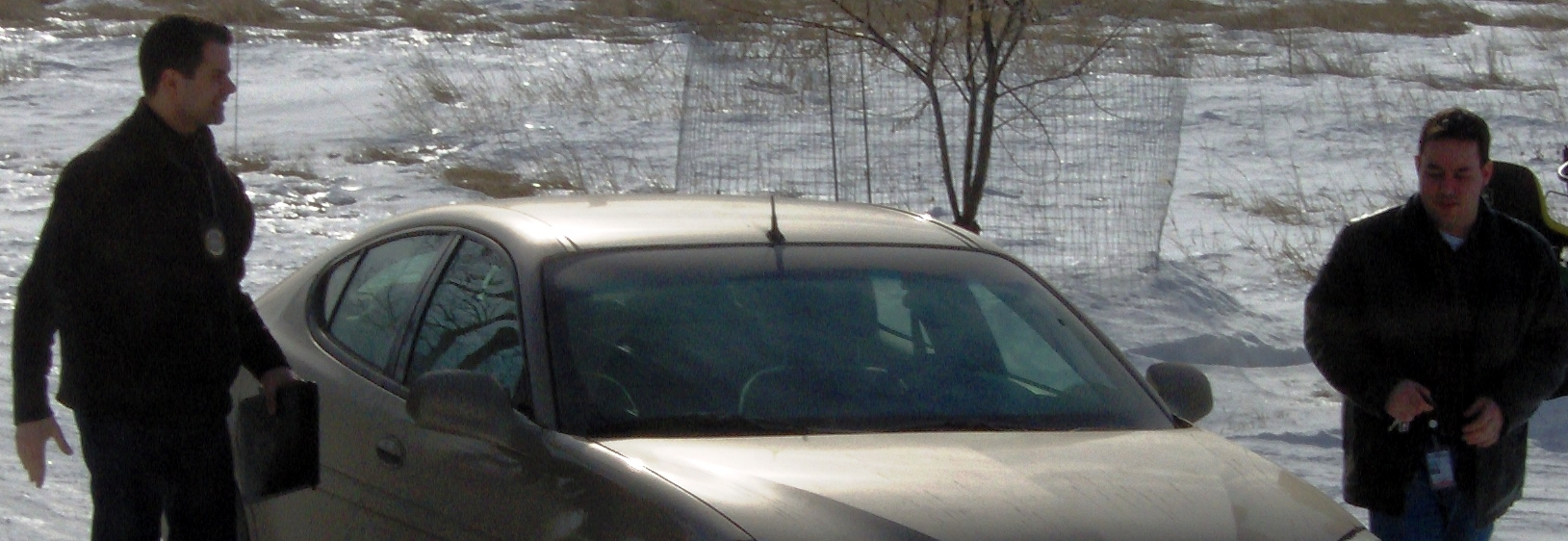We’re Being Watched, How corporations and law enforcement are spying on environmentalists by Adam Federman, May 28, 2013, The Investigative Fund
The blurring of public and private spying is what Dutch scholar Bob Hoogenboom calls “grey intelligence.” In a 2006 paper of the same name, Hoogenboom noted that in addition to well-known spy agencies like MI6 and the CIA, hundreds of private organizations involved in intelligence gathering have entered the market to meet corporate demand. “The idea was to do for industry what we had done for the government,” Christopher James, a former MI6 officer who founded Hakluyt, a private intelligence company whose clients have included Shell and BP, told the Financial Times. Many corporations now have their own private intelligence networks, or “para-CIAs,” to gather information on consumers, critics, and even their own shareholders. Walmart, for example, has an office of global security headed by a one-time CIA and FBI official with a staff that includes former State Department security experts. As Eveline Lubbers writes in her recent book, Secret Manoeuvres in the Dark: Corporate and Police Spying on Activists, “Because these business firms hire former spies and analysts from the ranks of government, the informal links with government intelligence increase.”
This is a global phenomenon. Corporations in Europe and Canada have also spied on environmental groups. In 2006 French energy giant EDF, the world’s largest operator of nuclear reactors, hired Kargus Consultants, a private intelligence gathering agency run by a former member of the French secret service, to spy on Greenpeace. Kargus hacked into a lead Greenpeace organizer’s computer and compiled a dossier on the organization’s European campaign strategy. In 2011 a French court fined EDF 1.5 million euros and sent two of its employees to jail on charges of illegal spying.
Although it was not raised at the Pennsylvania Senate hearing, the ITRR bulletins also were shared with the Royal Canadian Mounted Police (RCMP). In January a Montreal paper reported that the RCMP itself has been tracking anti-shale gas activists in Quebec. The Critical Infrastructure Intelligence Team, a branch of the RCMP, produced two reports that described the possibility of Canadian activists collaborating with “extremist” groups in the US, such as Earth First! and Occupy Well Street — an offshoot of Occupy Wall Street opposed to fracking. According to Jeff Monaghan, a researcher with the Surveillance Studies Center at Queen’s University in Ontario, the Canadian government likely shares intelligence with the energy industry. Since at least 2005 the Canadian government has held biannual intelligence briefings to share sensitive information with the private sector. In 2007 Gary Lunn, former Minister of Natural Resources, admitted his agency had helped more than 200 industry representatives obtain high-level security clearances. “This enables us to share information with industry and their associations,” Lunn said at a pipeline security forum.
…
The specter of environmental extremism has been used to justify information sharing between law enforcement and the private sector. Last year, Joe Oliver, Canada’s Minister of Natural Resources, warned that environmental groups “threaten to hijack our regulatory system to achieve their radical ideological agenda.” “It’s the new politics of the petro-state,” Monaghan says. “Anything that’s remotely linked with direct action or nonviolent civil disobedience is being described as extremism, which is the new code word of security agencies.” [Emphasis added]
[Refer also to:
February 12, 2009 – following a CTV W5 National News segment of Ernst’s explosively contaminated well water and the ERCB’s treatment of her, “undercover” Royal Canadian Mounted Police with Canada’s anti-terrorist squad arrive warrant-less at Jessica’s home in Rosebud to interrogate. EnCana, Alberta Environment and the ERCB had been served legal papers two months previously.
Hey CSIS, farmers are not terrorists, Anti-fracking activists have been labelled a security threat
Petro-state politics prompts CSIS to spy on citizens at alarming rate, FOIs reveal

